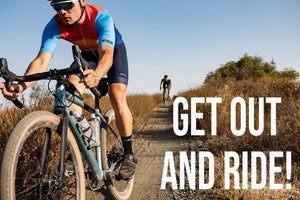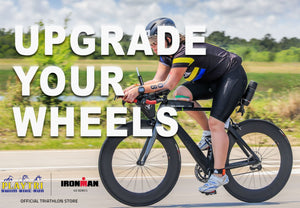
I love it when I hear triathletes say: “I don’t want to work on technique, I want to work on speed”. Here’s the issue…if you focus on speed without establishing proper technique, you will inevitably plateau or worse, get injured. There are a lot of things you could focus on to improve your swim. The internet is filled with tips and tricks. However, most triathletes have two questions
1.) How do I get faster?
2.) What’s the fastest way to get there?
This article will focus on one of the most common issues preventing triathletes from reaching their potential in the swim.
The goal of the swim portion of a triathlon is to be as efficient as possible to conserve energy for the Bike and Run without sacrificing speed. After years of coaching swimmers, I’ve identified a common issue I refer to as the “Sinking Leg Syndrome”. This happens when a swimmer is dragging their legs through the water instead of balancing on top. This is a big problem with triathletes due to the epic leg muscles that are developed through bike and run training. Here are the cold hard facts…fat floats and muscle sinks. This means that learning to effectively counterbalance your body in the water is essential to having an energy efficient, fast swim.
When learning to counterbalance your body, I encourage you to think back to your playground days and focus on the mechanics of how the see saw worked. If one side was up, the other side was down. It’s a very similar concept in the water. If your legs are sinking, you have to counter that by keeping your eyes looking down, head in a neutral position and upper body pressing slightly forward. The best way to practice proper body position is by using a snorkel. In my opinion, the Michael Phelps Focus Swim Snorkel is the most comfortable and effective snorkel on the market. Some of you may be thinking, “I’ll just dig out my old scuba snorkel”. As someone who really wants you to have a positive experience training with a snorkel, I strongly encourage you to invest in a swim snorkel that is specifically designed to stay in place during your swim training. The only other thing you may need is a nose plug. Some swimmers are able to use a snorkel without experiencing a wonderful sinus cleanse (aka-snorting water up your nose) but most newbies to the snorkel world will need to start with a nose plug until they’re comfortable.
Once you have all your gear, head to the pool! Here’s my favorite drill for correcting the “Sinking Leg Syndrome”:
Superman Kick on Belly with Snorkel
The purpose of this drill is to teach you how to counterbalance your body so you can create a small, splashy kick. The splash created by your kick is a great way to determine whether your body position is accurate. You should be able to create a splash with just a tiny kick. Here are some things to focus on when practicing the drill:
* Kick on your belly with arms extended and shoulder width apart (arms should be relaxed)
* Look at the bottom of the pool (keep the back of your neck relaxed)
* Kick with straight legs but maintain a soft knee so you don’t have any unnecessary tension in your legs
* Keep your kicks small and make sure you can feel a splash
** Please Note: If you feel your legs sinking and are unable to create a splash, press your chest slightly forward toward the other end of the pool (you’re applying pressure with your chest to elevate your legs…you’re officially a human see saw!)
Stay tuned for more recommendations for becoming a faster, more efficient swimmer. And remember…Just Keep Swimming! 😊
Coach Beth



